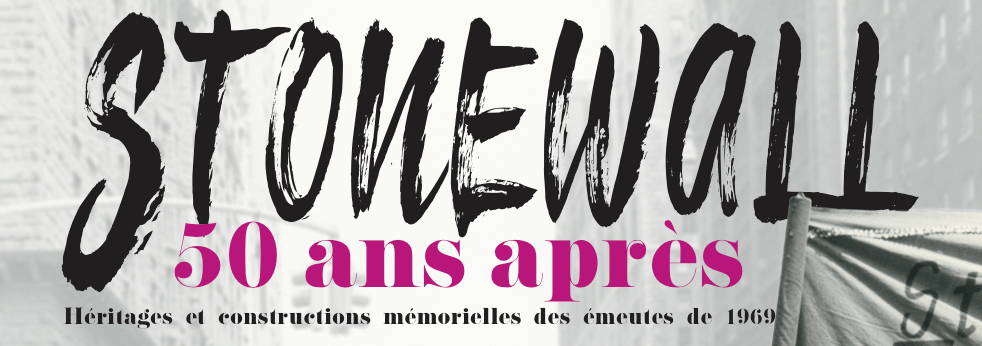This presentation investigates the role of the Stonewall imagery and the associated politics of visibility in the Russian-speaking LGBTQ diaspora in New York City. Since 2013, when the so-called “gay propaganda” ban was passed in Russia, increasing numbers of LGBTQ Russians are fleeing state-sanctioned homophobic violence. The United States, and New York City in particular, are among the top destinations for such migrants – where the majority apply for political asylum on the grounds of a fear of homophobic persecution. Together with LGBTQ migrants from other former Soviet republics who too had seen the ripples of Russian political homophobia as the governments of their respective countries attempted to pass similar antigay legislations, they endeavour to build a new home in New York City. The process and the politics of LGBTQ asylum in the U.S. are fraught with uncertainty and inevitably push asylum seekers into extreme precarity, but Russian-speaking LGBTQ migrants cannot be described solely as victims. Rather, as this presentation argues, they claim their space in New York City's activist landscape negotiating belonging and symbolic citizenship through community building and mobilization, as well as in strategic appropriation of the hegemonic symbols of Western LGBTQ history. Drawing on a 2.5-year long ethnographic and interview-based study of RUSA LGBT, a grassroots organization for Russian-speaking LGBTQ migrants in the United States, this presentation investigates the symbolic place the Stonewall Riots and their subsequent commemoration occupy in RUSA LGBT members' collective actions and individual identities. After a discussion of the significance of the Stonewall Inn National Monument to many RUSA LGBT members who, when interviewed about their lives, brought it up in terms similar to that of a shine or a sacred object, the presentation turns to the uses of Stonewall as a reference point at RUSA LGBT community meetings, especially when the preparations for the Brighton Beach Pride Parade – RUSA LGBT's very own diasporic demonstration against homophobia – were under way. The Stonewall Riots and their early commemorations were interpreted by some community members as gay pride parades' beginnings, and their true meaning – that of transformative resistance rather than apolitical entertainment of contemporary gay pride parades. The presentation concludes with a conceptualization of the Russian-speaking LGBTQ migrants vis-à-vis both global (Western) gayness and the Russian “difference” contrasting their active appropriation of the Stonewall rhetoric to the stereotypical representations of post-Soviet LGBTQ individuals as apolitical and suspicious of a Western-style politics of visibility.

 PDF version
PDF version
